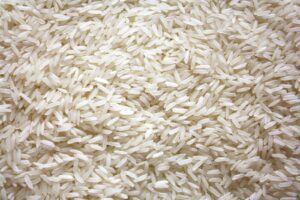Scientists in South Korea have developed an air filter, inspired by the human nose, which is 10% to 30% more efficient in filtering particles of various sizes.
Conventional filters, which rely on weak adhesive forces to trap airborne particles like pollen, dust and smoke, often struggle to retain these pollutants, especially under strong airflow.
More effective at filtering such particles filter is our own nasal hair. Coated in a thin layer of mucus our nose traps particles using capillary adhesion, which happens when a tiny amount of liquid forms a bridge between two surfaces, holding them together through surface tension.
Borrowing from this, a team at Chung-Ang University have created the PRO filter (Particle-Removing Oil-coated filter), which mimics the filtering function of nasal mucus using a thin, stable layer of oil. Unlike earlier attempts that clogged airflow or lost the liquid coating during use, this new design ensures the oil remains evenly spread and firmly in place.
The PRO filter was developed by grafting fine polymer brushes onto filter fibers, then coating them with a non-volatile silicone oil that bonds well with the brushes. This approach prevents pore blockage, allowing air to pass through freely while capturing particles more effectively.
The PRO filter demonstrated a 10–30% improvement in filtration efficiency across ultrafine dust and large pollen. Importantly, it maintained this performance without significantly increasing the pressure needed to push air through. Even under high-speed airflow or changing wind directions, the filter held onto particles tightly, preventing re-release into the air.
The team point out that fan-free applications could be used in places such as outdoor smoking areas and subway tunnels by simply harnessing natural airflow.
Associate Professor Sanghyuk Wooh, who led the research said: ‘This is the first instance of suppressed dust redispersion and a multidirectional filtration strategy proposing a zero-energy filtration system that uses natural wind.’
The PRO filter is also washable and reusable as the oil coating can simply be reapplied to restore its filtering power.
Dr Wooh concluded: ‘The PRO filters showed outstanding performances in real-world HVAC systems compared to conventional filters. Even though more dust was captured by the PRO filter lifespan of the PRO filter was ~two times longer than conventional filter that effectively reduces plastic waste and HVAC operation cost. In addition, it saves ~20 % energy consumption proposing more environmentally friendly and costless air filtration system.’
The full research can be read here.
Photo by Roentahlenberg


















Leave a Reply